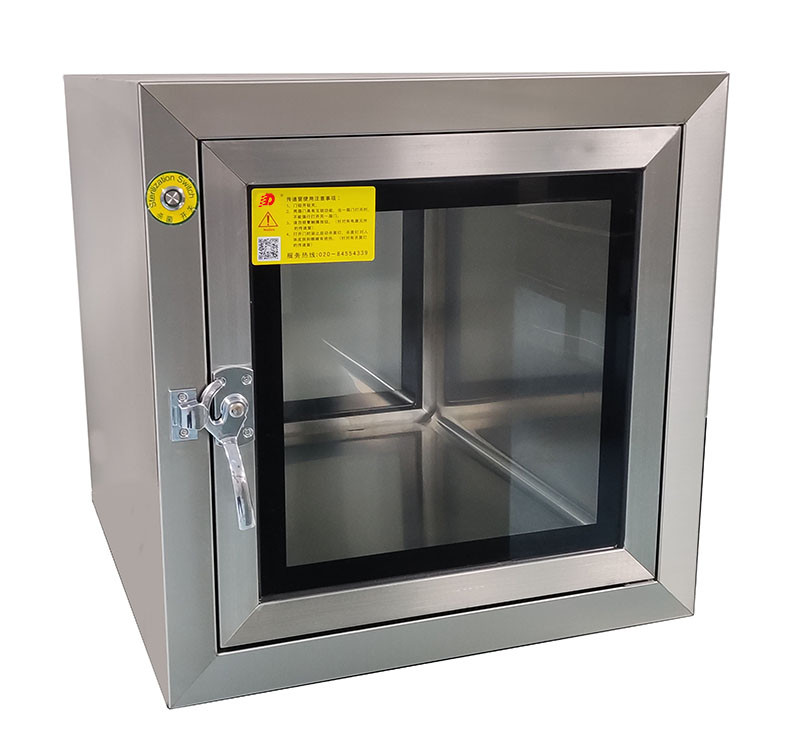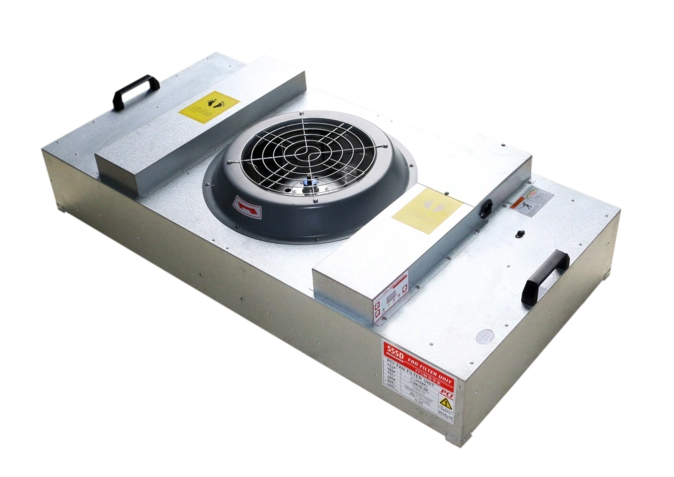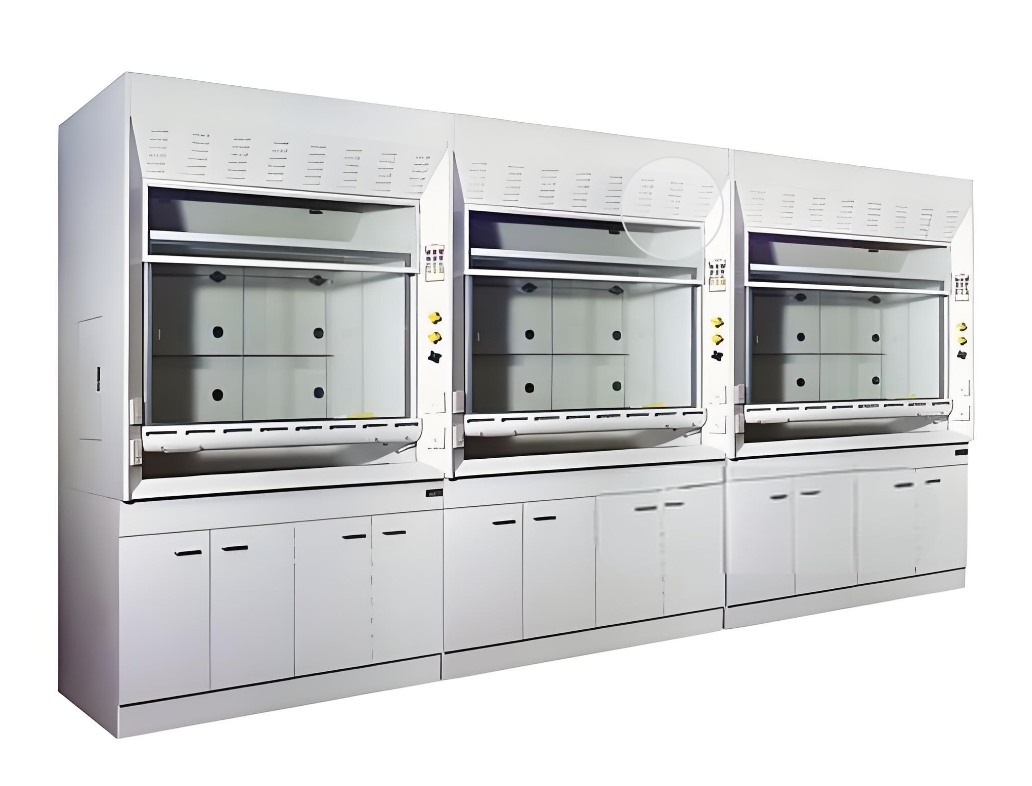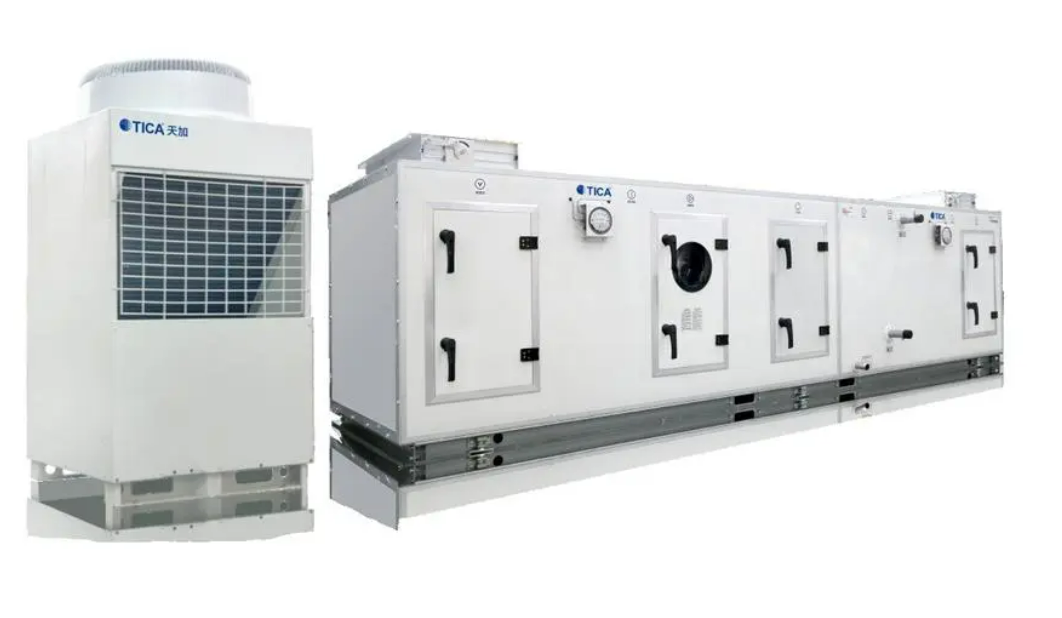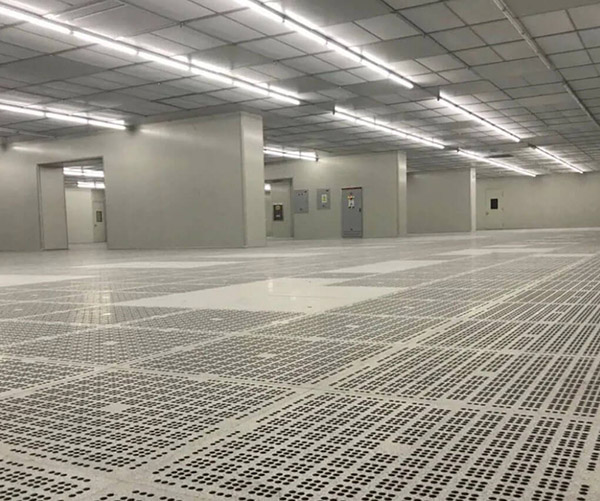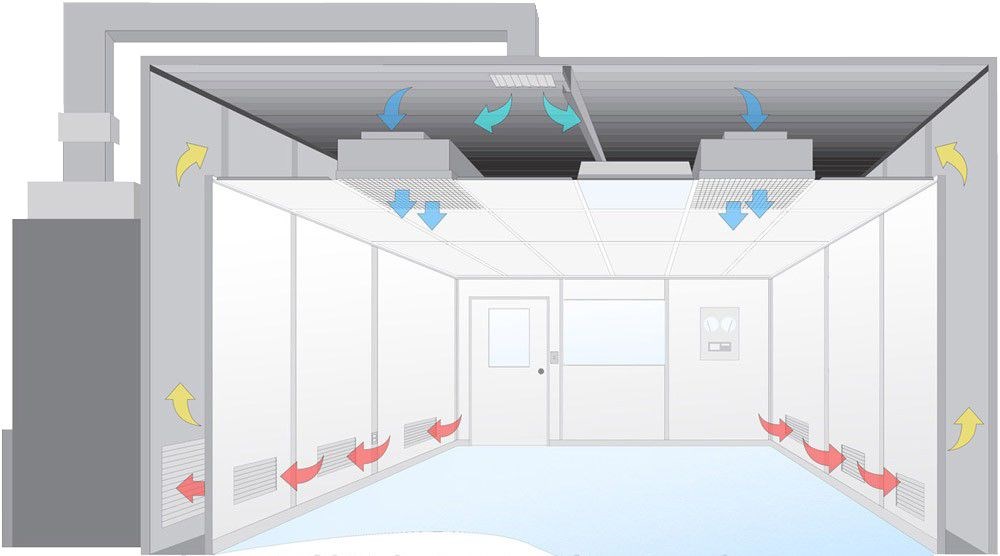Difference Between hepa and Activated Carbon Filters
Understanding the distinct functions and applications of air filtration systems
HEPA vs Activated Carbon Filters: Key Differences
| Feature | hepa filters | Activated Carbon Filters |
|---|---|---|
| Filtration Mechanism | Mechanical filtration - captures particles | Adsorption - traps gases and odors |
| Efficiency Standard | Captures 99.97% of particles 0.3 microns | Removes contaminants as small as 0.001 microns |
| Primary Use | Particulate matter: dust, allergens, bacteria | Gases, odors, VOCs, smoke |
| Common Applications | Hospitals, laboratories, clean rooms | Air purifiers, HVAC systems, kitchens |
| Lifespan | 6 months to 2 years | A few months to 1 year |
HEPA Filter

HEPA (High Efficiency Particulate Air) filters must meet stringent standards, capturing at least 99.97% of particles that are 0.3 microns in size. They are highly effective for indoor air purification, removing allergens, dust, and some bacteria.
Activated Carbon Filter

Activated carbon filters primarily focus on gas and odor removal. They contain porous materials that adsorb volatile organic compounds (VOCs), smoke, and odors, removing contaminants down to 0.001 microns.
HEPA Filter Applications
- Commonly used in hospitals, laboratories, and Clean Rooms
- Recommended by the CDC in environments with airborne health risks
- Crucial in preventing the spread of airborne diseases
- Effective in capturing pathogens and allergens
Activated Carbon Filter Applications
- Widely used in air purifiers and HVAC systems
- Effective in environments with high odors and gases
- Common in kitchens and manufacturing facilities
- Can reduce indoor VOC levels by up to 80%
Advantages and Disadvantages
HEPA Filter
Advantages:
- High efficiency in capturing particulate matter
- Stringent standards ensure reliable performance
- Long lifespan compared to some other filters
- Effective in removing allergens and bacteria
Disadvantages:
- Higher initial purchase cost
- Limited in removing gases and odors
- Does not address chemical pollutants like VOCs
- May require professional installation in some cases
Activated Carbon Filter
Advantages:
- Excellent at removing odors and VOCs
- Effective in capturing gaseous pollutants
- Relatively low initial cost
- Widely available and easy to install
Disadvantages:
- Finite lifespan, needs regular replacement
- Ineffective against particulate matter
- Does not remove biological contaminants
- Maintenance can be inconvenient and costly
Combining HEPA and Activated Carbon Filters
For enhanced air quality, many systems combine HEPA and activated carbon filters. This dual approach ensures the removal of both particulate matter and chemical pollutants, providing comprehensive air purification.
Recommended Filtration Order:
- Place the activated carbon filter first to adsorb odors and gases
- Follow with the HEPA filter to capture particulate matter
- This arrangement extends the lifespan of the HEPA filter
- Ensures optimal efficiency for the entire system

Filter Lifespan and Maintenance
HEPA Filter Lifespan
A HEPA filter typically lasts between 6 months to 2 years, depending on:
- Air quality in the environment
- Frequency of use of the filtration system
- Presence of dust, allergens, or other pollutants
- Proper maintenance and cleaning
Activated Carbon Filter Lifespan
Activated carbon filters have a finite lifespan, typically ranging from a few months to a year, depending on:
- Level of odors and gases in the environment
- Intensity of use
- Environmental conditions (temperature, humidity)
- Need for timely replacement when saturated
Choosing the Right Filter for Your Needs
hepa filters and activated carbon filters serve different purposes in air purification. HEPA filters excel at removing particulate matter, while activated carbon filters are best for eliminating odors and gaseous pollutants. For comprehensive air quality, consider using both filters in tandem, placing the carbon filter first followed by the HEPA filter. Regular maintenance and timely replacement are key to ensuring optimal performance from your air filtration system.
© 2025 Air Filtration Guide. All rights reserved.
 +86 18186671616
+86 18186671616 Jason@cleanroomequips.com
Jason@cleanroomequips.com
 MENU
MENU







